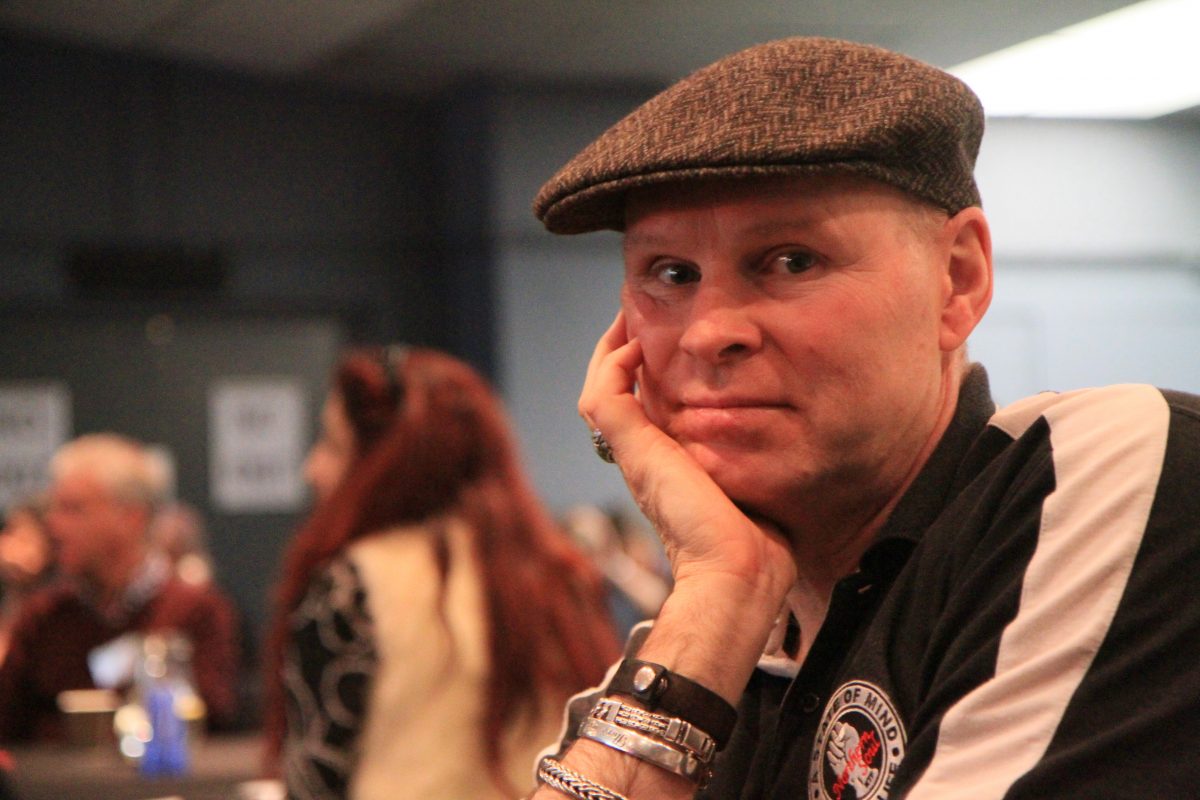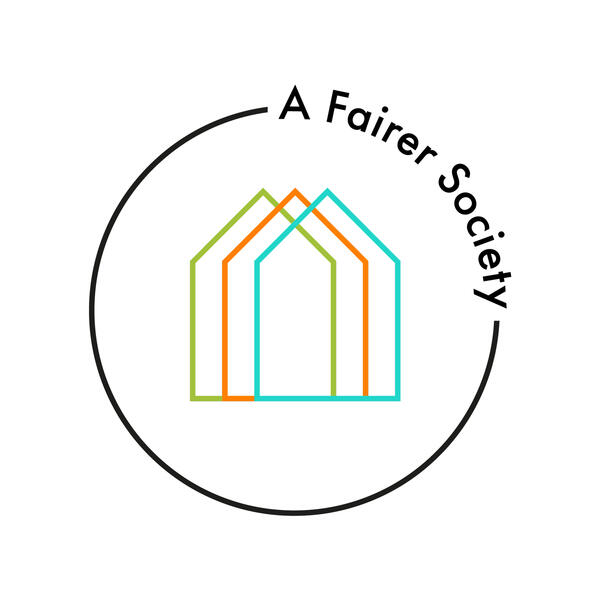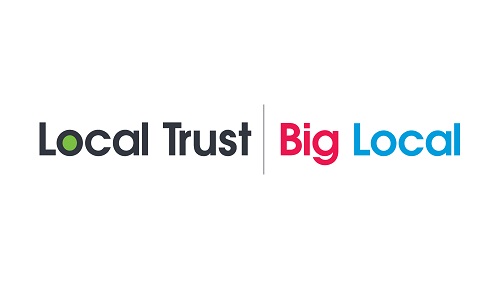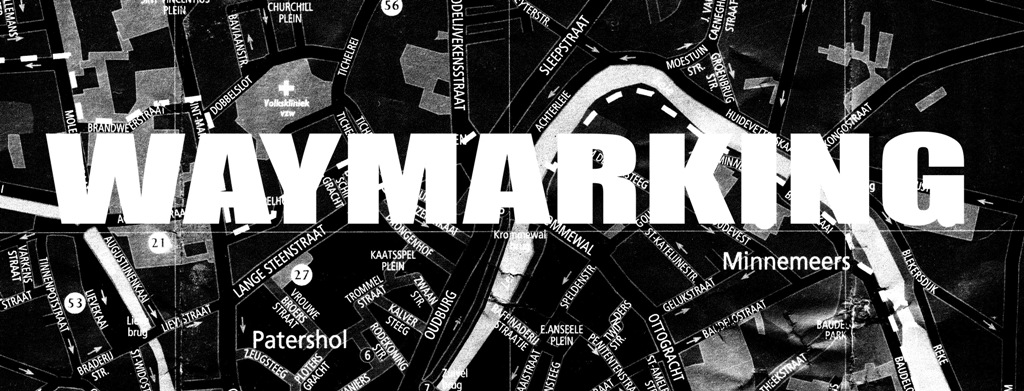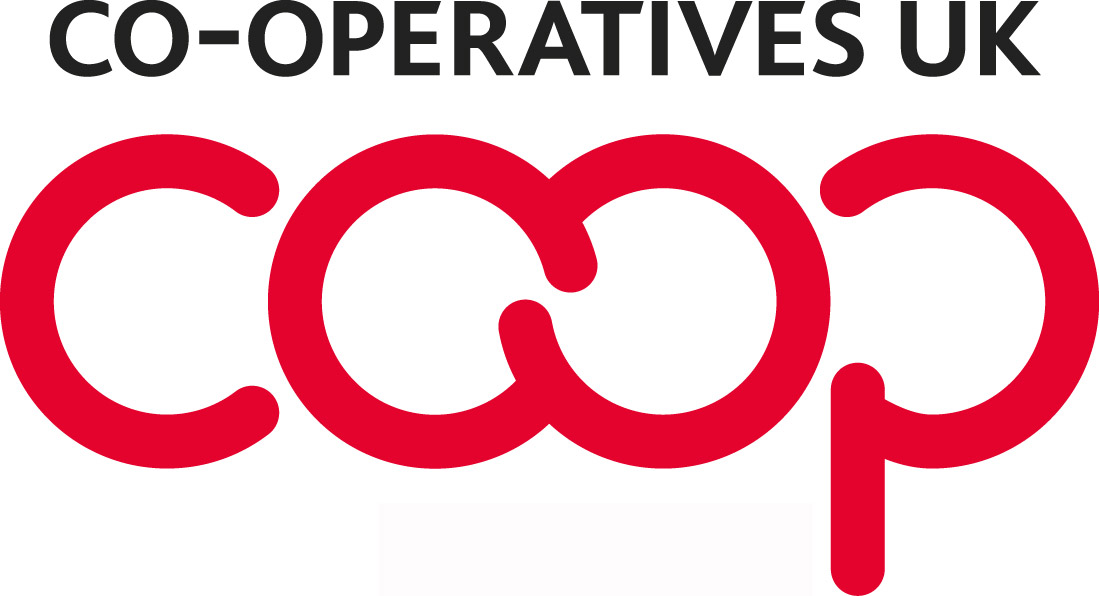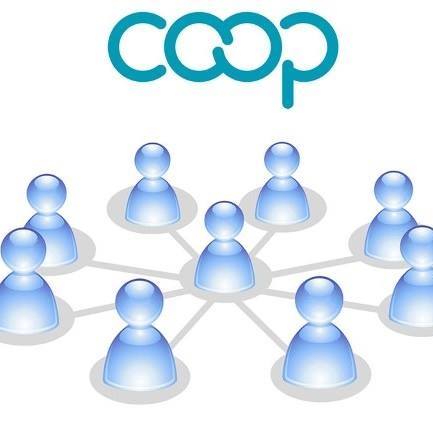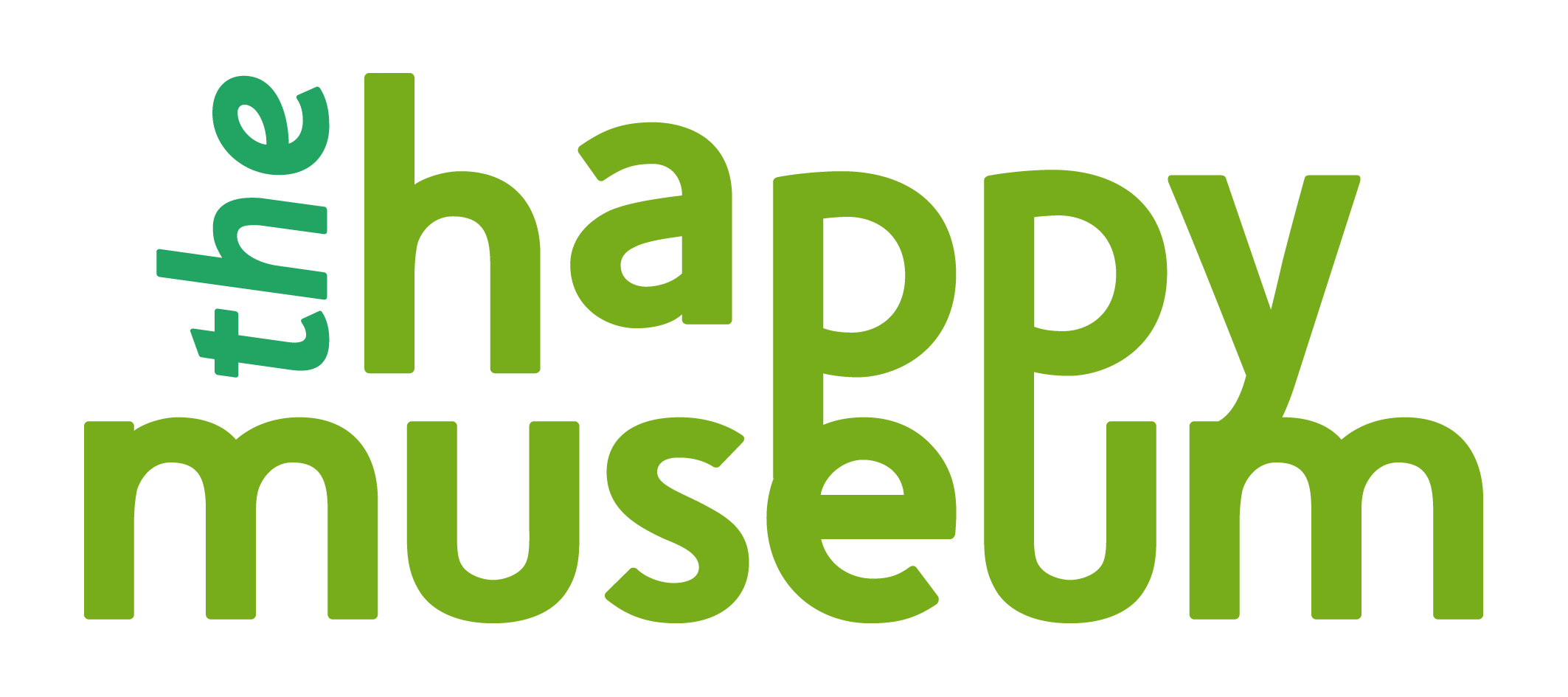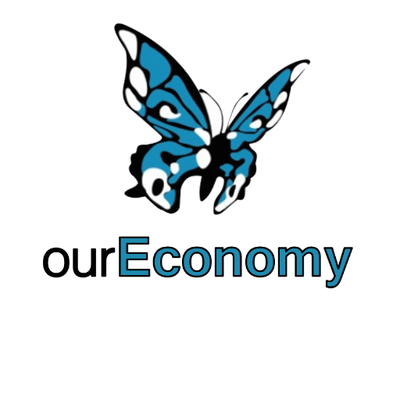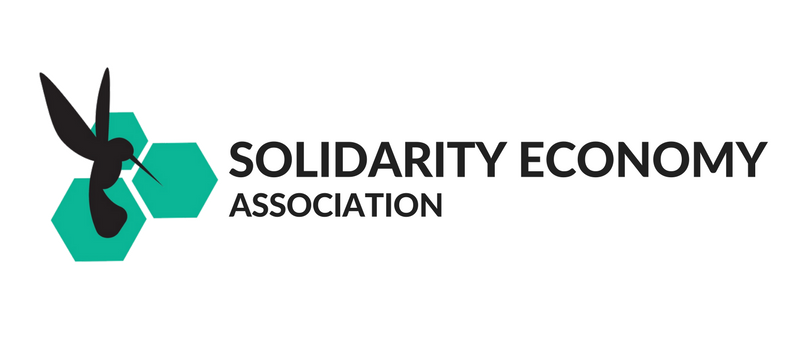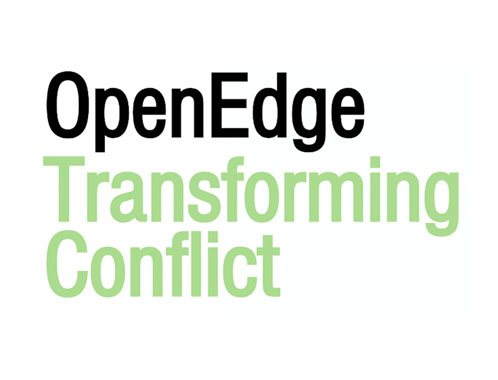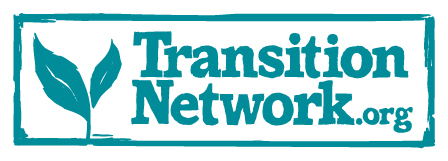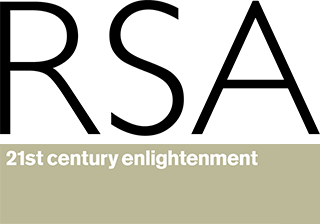Voices of Stoke: Mike Riddell from CounterCoin
The first in a series of Voices of Stoke blogs by our Local Comms and Partnerships person Angela Ghadery
Stoke-on-Trent, still known today as The Potteries, is up for restoration, renewal and empowerment; but that’s actually nothing new or surprising! Although the city is known for its history as one of the great northern powerhouses that each generated so much traditional wealth during the industrial era with their own specialised industries, the story didn’t actually begin with large-scale industrialists but with small cottage industries in villages, using the local clay to make pots. It required this community collaborative enterprise in the first instance, long before the industrial capitalism that later harnessed it, to grow the villages into the six towns now constituting the city, sitting alongside their adjoining market town of Newcastle-under-Lyme, and both surrounded by the rugged Staffordshire Moorlands, and the historic county town of Stafford to the south, which altogether constitute North Staffordshire.
[epq-quote align=”align-right”]”it’s probably important to keep in mind those early roots of community enterprise which by means of skill and creativity used the local clay for the benefit of all”[/epq-quote]
So although the many factories, with what were as many as 2000 of the famous bottle ovens at continually at work during its height, and companies such as Burleigh, Wedgwood, Royal Doulton, Minton, Emma Bridgwater, Portmeirion, Moorcroft and Spode earning world wide acclaim, it’s probably important to keep in mind those early roots of community enterprise which by means of skill and creativity used the local clay for the benefit of all.
When we see the exciting new vibrancy in the form of both smaller ceramics enterprises setting up again along with an extraordinary multitude of individuals, groups and organisations, fighting back to restore life, community and sustainable economies, we can see the energy, determination and collaborative commitment that was always there, and once able to grow again, is inevitably now doing so but now with the aim of creating healthy, sustainable, inclusive and participatory futures, this time by and for the people of this central England conurbation, lying almost equidistant between Birmingham and Manchester.
One such enterprise is that of CTRLshift partner, CounterCoin, an alternative currency, made symbolically at first with coins from the local clay, and now being set up digitally. Founder Mike Riddell says, “It began a couple of years ago with a bunch of kids from the YMCA, a laser machine and a few sheets of coloured acrylic as the launch video shows”:
It is now slowly gaining increasing traction with both social enterprises and local businesses. Counter Coin is based at Cultural Squatters community cafe (more on ‘the Squat’ in our next blog) which opened on 1 May 2018. Aditya Chakrabortty arrived to investigate and published “the shopping centre where the currency is hope” in The Guardian.
Mike continues, saying “today we’re busy planning the Hartshill Project that will bring together a number of community groups and local businesses to work in partnership to recognise and reward the contribution made by the army of volunteers without whom the economy would collapse…The contribution made by volunteers and frontline community groups is massive. If we are all to get behind the organisations that pick up the pieces of people’s lives when they run into problems, then we should value and celebrate this contribution properly. Now what we’re saying to the business community is this: it won’t cost you a penny. There’s plenty of stuff that you throw away that volunteers, sometimes on VERY low incomes, could make very good use of, for example perishable food or unsold tickets. Please don’t waste them – be kind instead – let those who contribute to the community pay for them, wholly or partly with CounterCoin.”
More local voices to come in the lead up to the Summit!

